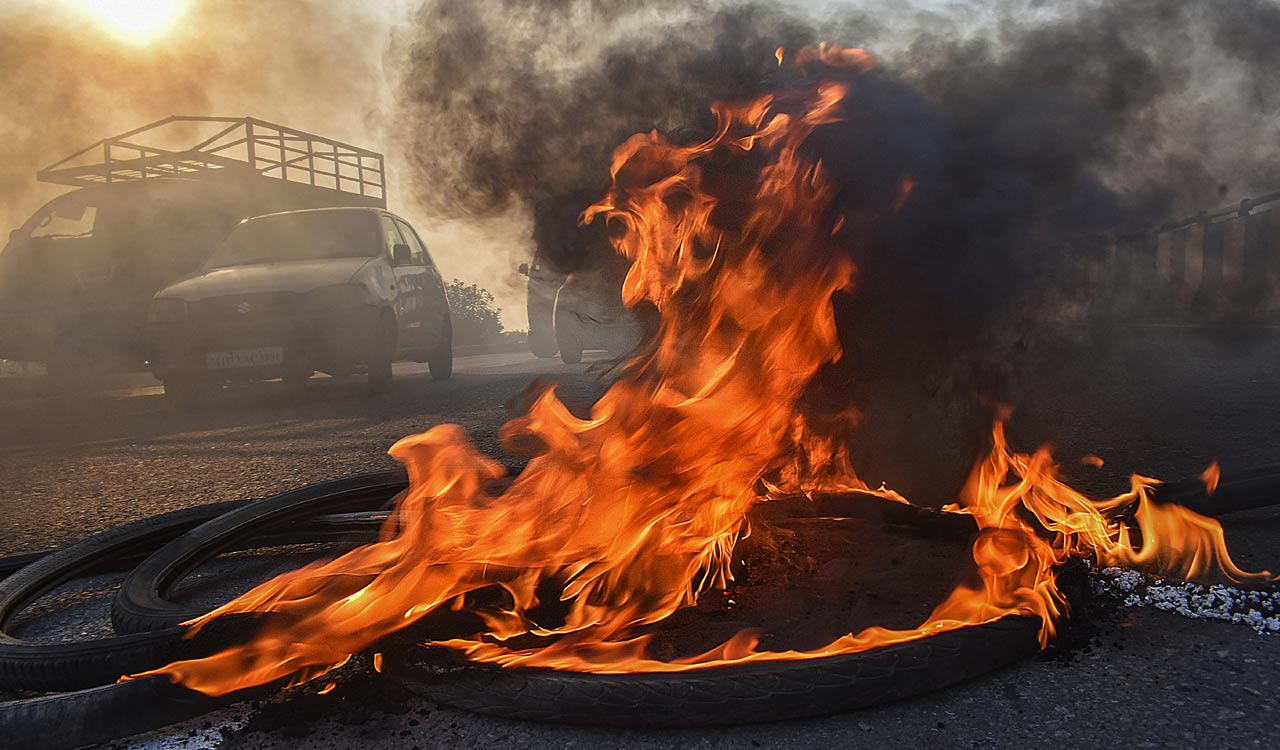
The raging quota stir in Maharashtra has once again brought into focus the need for a comprehensive caste census
Published Date - 11:30 PM, Tue - 31 October 23
The escalating violence in the ongoing agitation demanding reservation for the Maratha community is proving to be a big challenge for the Maharashtra government. The raging quota stir has once again brought into focus the need for a comprehensive caste census to ensure social justice by fine-tuning the affirmative action programmes in tune with the level of backwardness of various communities. Given the harsh social realities, it would be prudent to have robust caste data as it will be useful to establish statistical justification for reservation. It is also a legal imperative because the courts want quantifiable data to support the existing levels of reservation. The caste-wise data would put to rest the unreasonable demands for inclusion in the OBC lists. In Maharashtra, the Maratha reservation issue has become a weapon in the hands of the political parties to score brownie points against each other. As the agitators have been targeting public properties and attacking the houses of MLAs, leading to the imposition of curfew in Dharashiv district, the Eknath Shinde government is facing the heat from the opposition combine. The Marathas, a politically dominant community accounting for one-third of the population, have been staging protests in different parts of the State seeking reservation in government jobs and education under the OBC category. All major parties in the State have sought to garner political mileage out of the agitation at various stages. The previous Devendra Fadnavis-led BJP government had approved the OBC quota for Marathas after violent protests rocked the State in 2017-18. Based on the findings of the Backward Class Commission, it gave its nod for reservation to Marathas under a special provision — Socially and Educationally Backward Class Act.
The reservation policy gave BJP a political edge over the then rival Congress-NCP. Now, the issue is coming back to haunt the BJP-Shiv Sena (Shinde faction) coalition government. Fadnavis, who holds the home portfolio, is now the target of the attacks by opposition parties riding the quota politics. Two MPs loyal to Shinde have since resigned over the reservation issue, which is turning into a political hot potato. While the Bombay high court had upheld the quota move in the past, the Supreme Court, in a key judgment in May 2021, scrapped the Maratha reservation calling it unconstitutional and questioning the rationale behind it. The five-judge constitutional bench found that there were no ‘exceptional circumstances’ or ‘extraordinary situation’ in Maharashtra which required the government to break the 50% reservation ceiling limit set by the apex court. In November last year, after the SC upheld the 10% quota for the Economically Weaker Sections, the government said that until the issue of the Maratha reservation is resolved, economically weaker members of the community can benefit from the EWS quota. In the meantime, it is planning to file a curative petition before the Supreme Court over the issue.





Leave a Reply